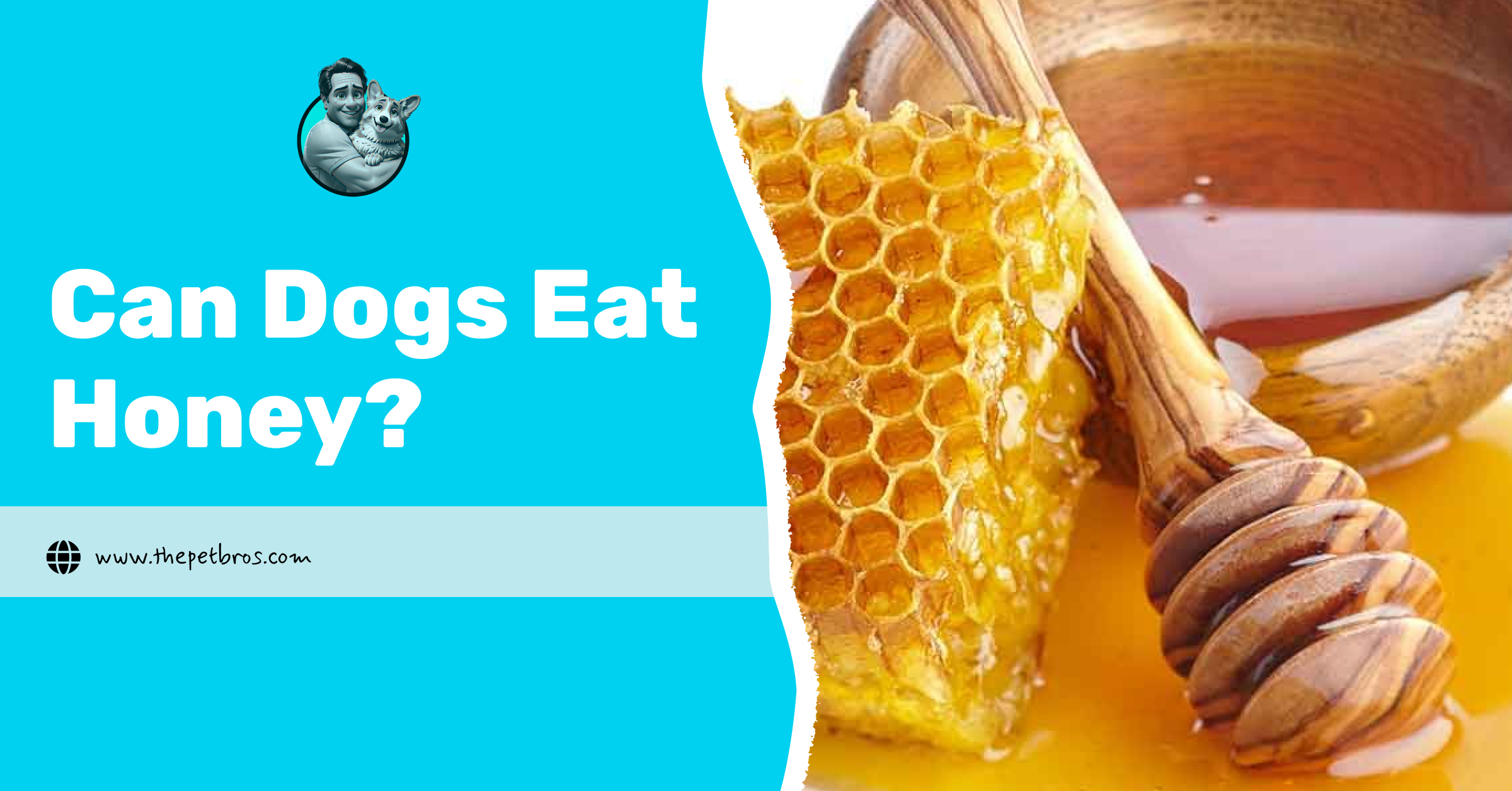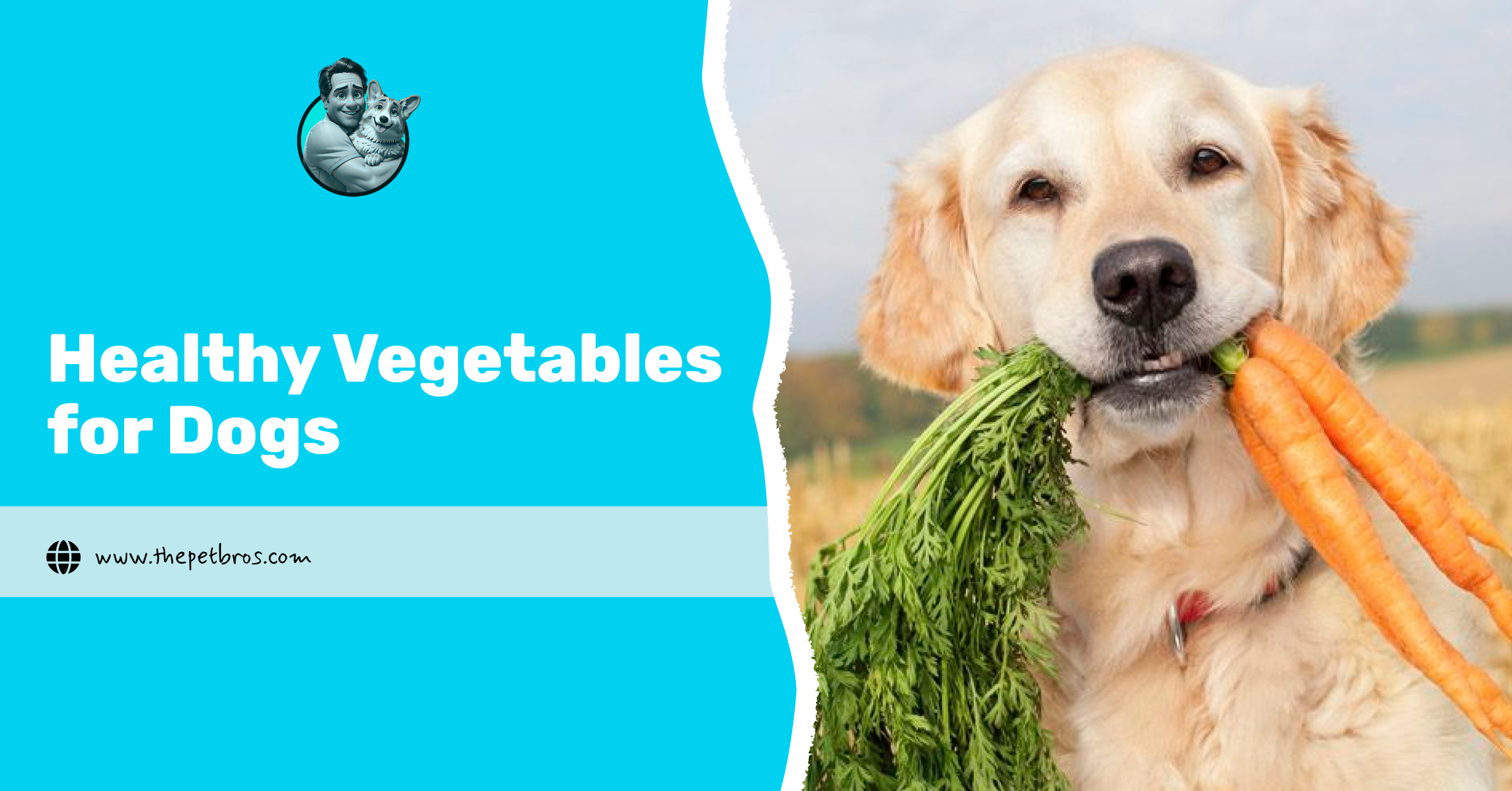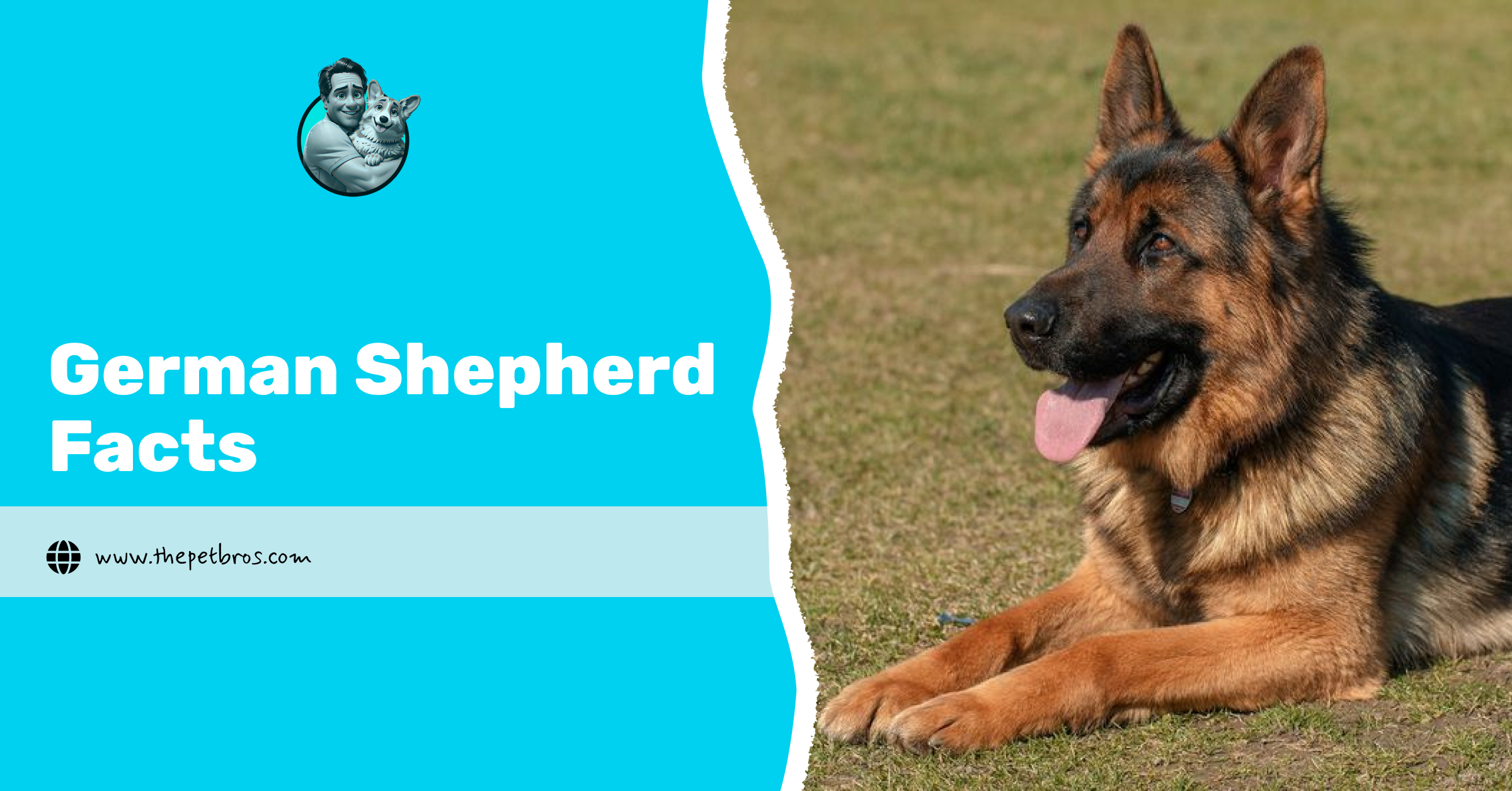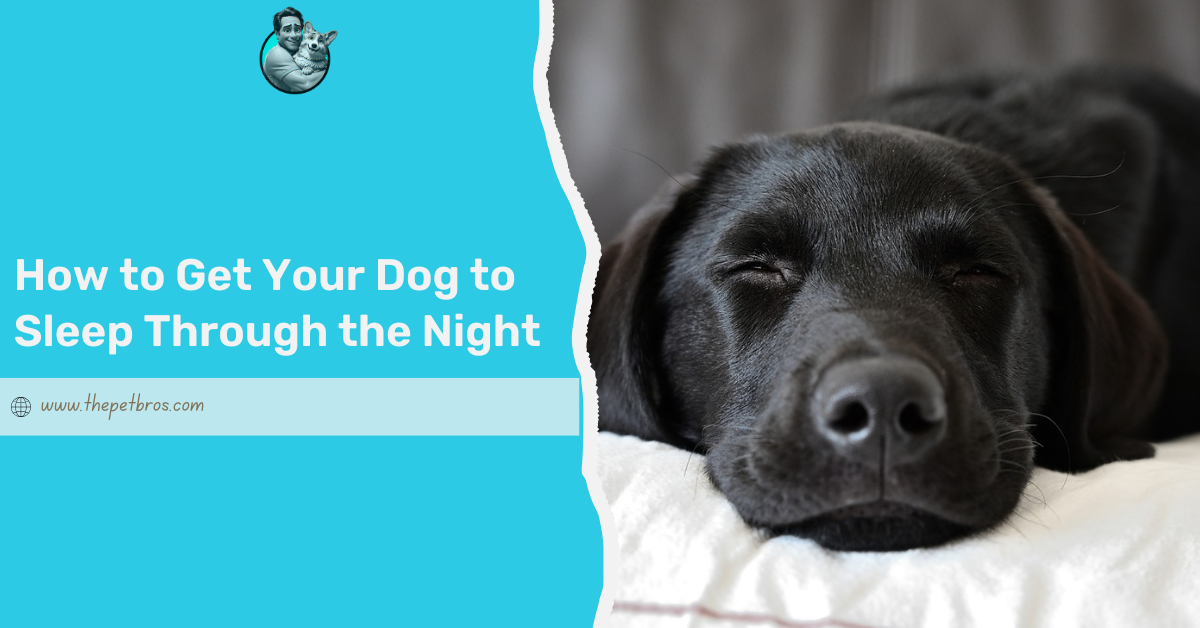You’ve just drizzled some golden honey over your toast, and suddenly, your dog’s nose twitches, eyes wide, clearly hoping for a taste. It gets you wondering, “Can dogs eat honey?” After all, honey feels so natural and wholesome for us humans, so it seems harmless, right?
The truth is, honey can be safe for dogs in small amounts, and it even comes with a few surprising benefits. But, as with most treats, there are things you need to keep in mind, like allergies and health benefits, before sharing this sticky delight with your furry friend. Let’s dive into the world of honey and dogs to see what’s safe, what’s risky, and how best to serve it.
Is Honey Safe for Dogs?
Yes, honey is generally safe for most healthy adult dogs when given in small amounts. It is naturally packed with simple sugars, antioxidants, and tiny traces of vitamins and minerals that you would usually see in vegetables, which can give your pup a little boost. Because it is unprocessed, raw honey also retains helpful enzymes that may support overall health.
That said, not every dog should be offered honey. Puppies under a year old are at risk of exposure to botulism spores that raw honey sometimes carries. Dogs that are overweight, diabetic, or have weakened immune systems and are already showing signs like red paws should also avoid it because the natural sugar content can be harmful to their condition.
In short, honey is not a daily food but a sweet treat that can safely be shared with your dog if you know the limits and keep it as an occasional indulgence.
Health Benefits of Honey for Dogs
Honey is more than just a sweet snack. In small amounts, it can actually do your dog some good. For starters, honey, just like kale, contains natural antioxidants which play a role in supporting the immune system and keeping your dog’s body strong. These antioxidants help fight off free radicals, the little troublemakers that can cause cell damage over time.
Some owners also find honey handy when their dogs have a mild sore throat or kennel cough. Its smooth texture can coat the throat and provide a bit of soothing relief. While it is not a medicine, it can take the edge off those irritating coughs and make your pup more comfortable.
There is also a popular belief that local honey might ease seasonal allergies in dogs. The idea is that tiny amounts of pollen in the honey could help your dog build tolerance. Although the scientific evidence is still limited, many pet parents swear by it and say they notice a difference when their dogs get a lick of local honey during allergy season.
So while honey should never replace proper treatment from your vet, it does come with some gentle benefits that make it a treat with a purpose.
How to Safely Feed Honey to Dogs
When it comes to honey, moderation is everything. A little goes a long way, and the key is to treat it more like a rare indulgence than an everyday snack. For smaller dogs, half a teaspoon is plenty, while larger breeds can safely enjoy about one teaspoon. Anything more than that can be too much sugar for their system.
If you are wondering how to serve it, there are some simple and fun options. You could stir a tiny amount into your dog’s regular food, mix it with plain yoghurt, or even use it when baking homemade dog biscuits. Some dogs are happy to lick a little straight from the spoon, and will whine if otherwise. That is perfectly fine as long as the portion stays small.
Always choose plain, raw honey rather than flavoured or processed varieties. Many commercial honeys have additives, artificial sweeteners, or extra ingredients that are not safe for dogs. Stick to natural honey and keep it simple so your pup gets the benefits without any hidden risks.
Risks and Precautions of Honey for Dogs
Although honey has health benefits, it is not always suitable for every dog. Some dogs may be more sensitive to its sugar content or natural compounds, making it important to exercise caution. Before offering honey, consider your dog’s individual health and dietary needs.
- Avoid honey for puppies under one year, as their immune systems are still developing.
- Do not give honey to dogs with diabetes, since its natural sugars can affect blood sugar levels.
- Dogs that are overweight should not have honey, as it can add unnecessary calories.
- Skip honey if your dog has a compromised immune system, since raw honey can contain spores.
- Always consult your vet before adding honey to your dog’s diet.
Honey can be safe in moderation, but these precautions ensure it does not cause harm.
So, Can Dogs Eat Honey?
Yes, dogs can enjoy honey in moderation, and it can even provide soothing and nutritional benefits. From easing seasonal allergies to giving a natural energy boost, honey can be a healthy treat when offered carefully. However, it is not suitable for every dog, especially puppies, diabetic dogs, or those struggling with weight. Always consult your vet before adding new foods, and remember that moderation is key to keeping honey a safe and enjoyable addition.
FAQs
How does honey help my dog?
Honey provides antioxidants, soothes throats, supports immunity, and can ease mild seasonal allergies.
Can dogs eat manuka honey?
Yes, in moderation, but always check with your vet before offering Manuka honey.
What’s the difference between raw honey and Manuka honey?
Raw honey is natural and unprocessed, while Manuka honey contains unique antibacterial properties.














